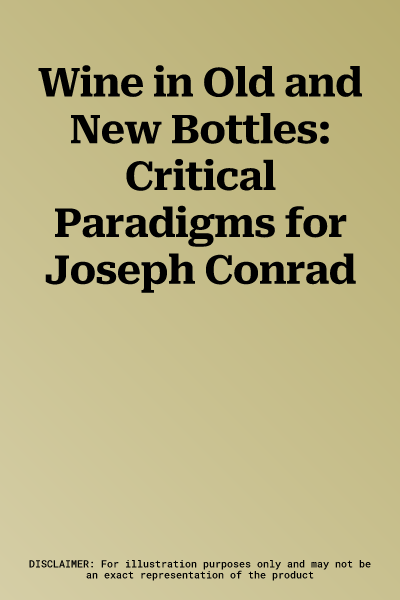Wine in Old and New Bottles: Critical Paradigms for Joseph ConradHardcover, 5 August 2014

Qty
1
Turbo
Ships in 2 - 3 days
In Stock
Free Delivery
Cash on Delivery
15 Days
Free Returns
Secure Checkout

Part of Series
Conrad: Eastern and Western Perspectives
Print Length
325 pages
Language
English
Publisher
Maria Curie-Skodowska University Press
Date Published
5 Aug 2014
ISBN-10
8377843013
ISBN-13
9788377843017
Description
Product Details
Book Format:
Hardcover
Country of Origin:
US
Date Published:
5 August 2014
ISBN-10:
8377843013
ISBN-13:
9788377843017
Language:
English
Location:
New York
Pages:
325
Publisher: